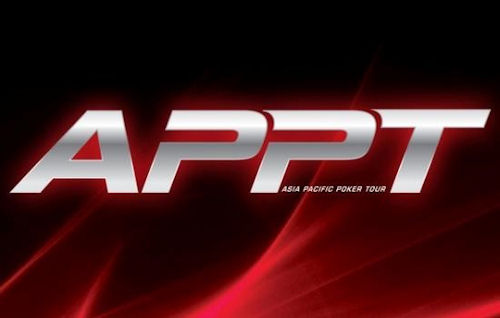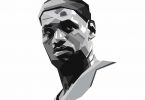It has been over 10 years since Arsenal’s invincible squad went unbeaten from May 2003 to October 2004. At that time, Cesc Fàbregas was just a 16 years old boy poached by Arsenal from La Masia of Barcelona, and had played just two games, in the League Cup, all season – instead learning his craft from the sidelines watching greats such as Dennis Bergkamp and Patrick Viera.

How Arsenal could do with Cesc Fàbregas back in the red and white
Fàbregas is probably the last player developed by Wenger who could be considered close to a “great player”, yet the French manager let the chance to re-sign him slip away when the opportunity arose a few months ago. And after last weekend’s London derby, Wenger must surely be kicking himself.
Eden Hazard might have dazzled the Arsenal defence with his brilliant runs in the Blues’ 2-0 win on Sunday but it was Fàbregas’s precise passing combined with Diego Costa’s anticipation that has been the real weapon behind Chelsea’s dominance this season – precisely the attributes missing from the current Arsenal squad. Mesut Özil, Arsenal’s traditional number 10, stands too far forward to link with the back four, while both Mathieu Flamini and Mikel Arteta are not even close to Fàbregas’ level of talent.

José Mourinho counted himself lucky to sign the Spanish duo
The gradual loss of traditional number 10s like Argentinian great Juan Román Riquelme – who at his peak was revered for his pinpoint passing game – reveals the trend of modern football. In recent years, managers are more likely to deploy two defensive midfielders to control a good number 10. With such aggressive midfield press, it leaves very little space for the 10 to find the killer pass. A good number four, like Andrea Pirlo or Xavi, is every manager’s dream find. WGM remain puzzled that Wenger gave up the chance to sign Fàbregas, who at the age of 27 is yet to reach his peak. Considering the aging problem of their defensive midfielders, Wenger may have made a very poor judgment this summer and in the process done a huge favor for bitter rival José Mourinho.







